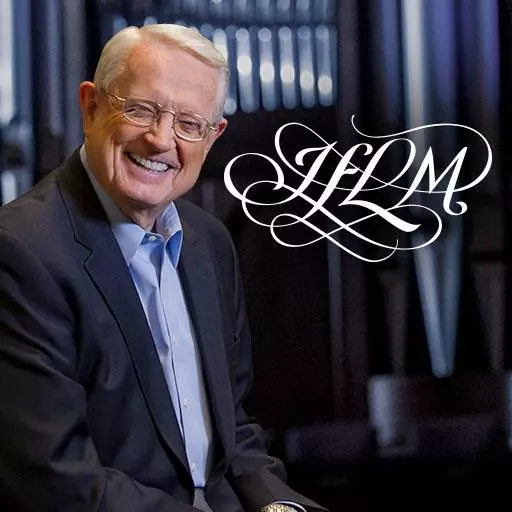Leadership is influence. To the extent we influence others, we lead them. Lord Montgomery implied this when he wrote...
Leadership is the capacity and will to rally men and women to a common purpose, and the character which inspires confidence.
We could name many great people who did just that, whether they were military personnel, athletic coaches, political figures, business executives, salesmen, or spiritual statesmen. Influence best describes the effects of their lives.
If I were asked to name some of the standard qualities or characteristics usually found among natural-born leaders, I would list:
EnthusiasmPersistence
Competitiveness
Insight
Independence
Adventurousness
Decisiveness
Flexibility
Sense of Humor
Practicality
Optimism
Ambition
Knowledge
Inquisitiveness
Friendliness
Security
Integrity
Discipline
Creativity
Poise
Aggressiveness
None can deny that these are standard qualities found in "natural" leaders. But my question is: Are these qualities necessary in "spiritual" leaders, too? Before you answer too quickly, I would refer you to some biblical leaders who would have done rather poorly on a "natural" leadership test. The incredible thing is that God picked people whom we would have overlooked!
How about withdrawn, insecure, fearful, doubting Moses? (Read Exodus 3:10-4:14.) Or the uncultured, negative, ill-prepared, unwanted, dogmatic, clumsy fig-picker Amos? (Get acquainted with him in Amos 7:10-17.) And we dare not forget impulsive, short-sighted, boastful Peter, who frequently suffered from foot-in-mouth disease!
I am not suggesting these men did not have any natural traits of leadership — but rather that they broke the mold of what we generally classify as "a model leader." God's remnant of leaders is often a ragged lot...frequently made up of fresh-thinking, non-conforming, even weird-looking characters who desperately love the Lord Jesus Christ and are remarkably available to Him and His will. These people (and you may be one!) possess the basic ingredients of faith, vision, teachability, determination, and love — and they are involved in changing the world.
When I read that God is searching this planet for men and women (please stop and read 2 Chronicles 16:9a and Ezekiel 22:30), I do not find that He has a structured, well-defined frame into which they must fit. In fact, some of those God used most effectively were made up of the strangest mixture you could imagine. If you doubted this, check out that rough gang of 400 indebted and unorganized malcontents that surrounded David in the cave of Adullam (1 Samuel 22:1-2). I find myself extraordinarily challenged to trace these men through the balance of David's life, and discover that these became his elite, courageous band of fighting men — heroes, if you please — from whom a number of leaders emerged.
I believe you anticipate my point. Let's be as open and flexible and tolerant as God is! Perhaps you don't fit the mold. Maybe you don't embrace the party-line system, so you're beginning to think "I'm not useful to God — I'll never be a leader in the ranks of Christianity." Take heart, discouraged believer! I rather suspect that others of you are about to write off your maverick kids. Listen, they may be right on target. God may have a distinct, unique role of leadership just for that youngster of yours. Hang in there, parents! These young people may look and sound strange to some adults...but I'm not about to sigh and ask why. For all we know, God is on the verge of doing something great through their leadership.
Let me assure you — if all adults had written off a young, repulsive, aggressive, strong-willed teenager thirty years ago...this article would never have existed.
Taken from Charles R. Swindoll, Growing Strong in the Seasons of Life (Grand Rapids, Mich.: Zondervan Publishing House, 1983) 408. Copyright © 1983 by Charles R. Swindoll, Inc. All rights reserved. Used by permission.


